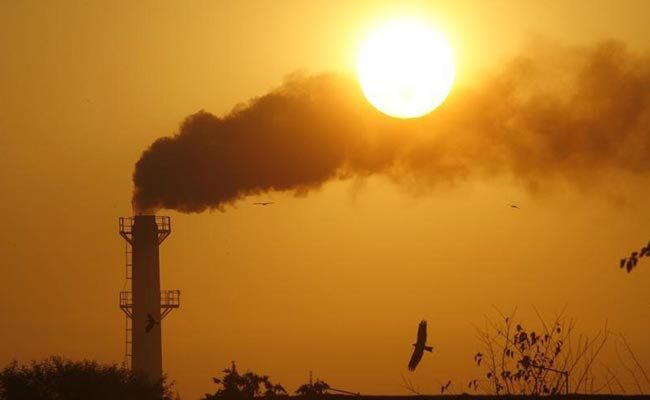Confident India can achieve ‘ambitious’ 30-35% emission cut: Prakash Javadekar
India on Friday pledged to cut its emission levels by 33-35 percent over the next 15 years in what Environment Minister Prakash Javadekar termed an ambitious, fair and balanced commitment to protect the environment, married to the country’s own agenda for sustainable development.
The announcement was made by India in its Intended Nationally Determined Contribution (INDC) submitted to the United Nations Framework Convention (UNFCCC) on Climate Change in Bonn for a global climate pact ahead of the climate change summit in Paris later this year.
Reacting to the Intended Nationally Determined Contributions (INDC) announced by India today, green bodies said that it was a much-awaited climate action plan and reflects the country’s development challenges, aspirations and the realities of climate change.
Instead, India said it aimed to cut carbon intensity – meaning its emissions will rise, but at a slower pace – and to grow the share of power generated from non-fossil fuel sources to 40 percent. The Dharnai model (2) in Bihar we’ve worked in partnership with local communities, Government and other organisations to establish, is a model solution for towns, villages and people across Bihar and India that have been deprived of energy for decades.
The country has already reduced its carbon intensity by 12 percent since 2005, officials said.
In its INDC document, India has advocated global collaboration in R&D – particularly in clean technologies and enabling their transfer free of Intellectual Property Rights (IPR) costs to developing countries.
Scientists say the heat-trapping carbon emissions released by the burning of fossil fuels – coal, oil and gas – are a key driver of rising temperatures that could lead to potentially catastrophic impacts, including flooding of island nations and intensifying droughts. China is the world’s biggest emitter and has pledged in June to cut down on carbon efluents by 60 to 65%, nearly double than India’s current pledge. “Further expansion of coal power will hamper India’s development prospects”, said Pujarini Sen, a senior Greenpeace India campaigner. “India’s goal is to reduce overall emission intensity and improve energy efficiency of its economy over time and at the same time protecting the vulnerable sectors of economy and segments of our society”.
“It is estimated that more than half of India of 2030 is yet to be built”, the government said.
“India’s continued commitment to expand coal power capacity is baffling”.
India also called on industrialized nations to help the country finance its transition to clean energy, saying the move to renewable and other sources will cost at least $2.5 trillion by 2030.
It said the country will need $206 billion between 2015 and 2030 to implement actions in agriculture, forestry, fisheries infrastructure, water resources and ecosystems to achieve the targets, not counting the additional investments needed to strengthen resilience and disaster management.












